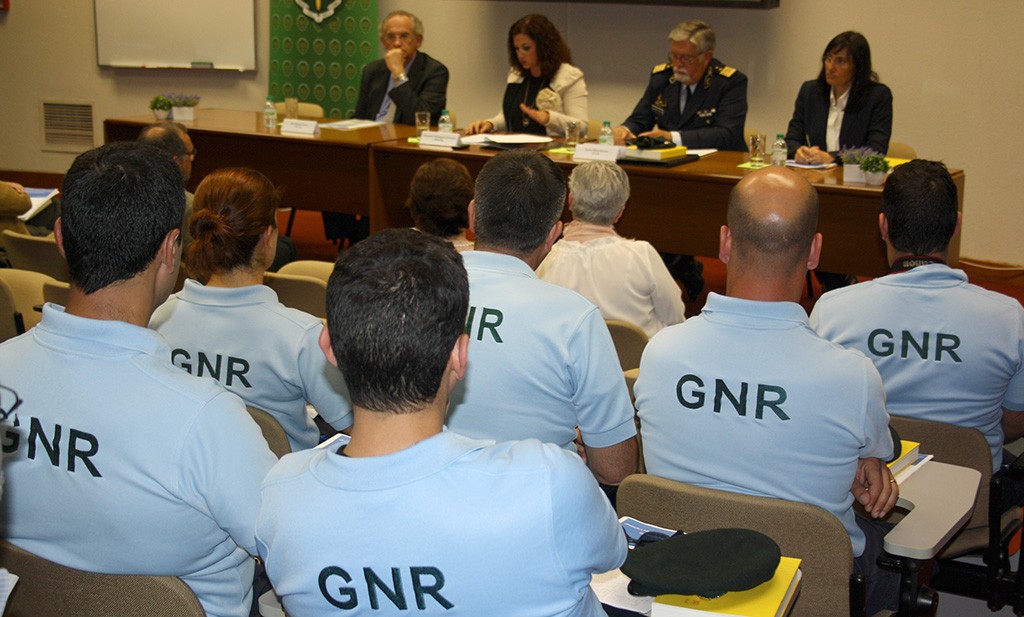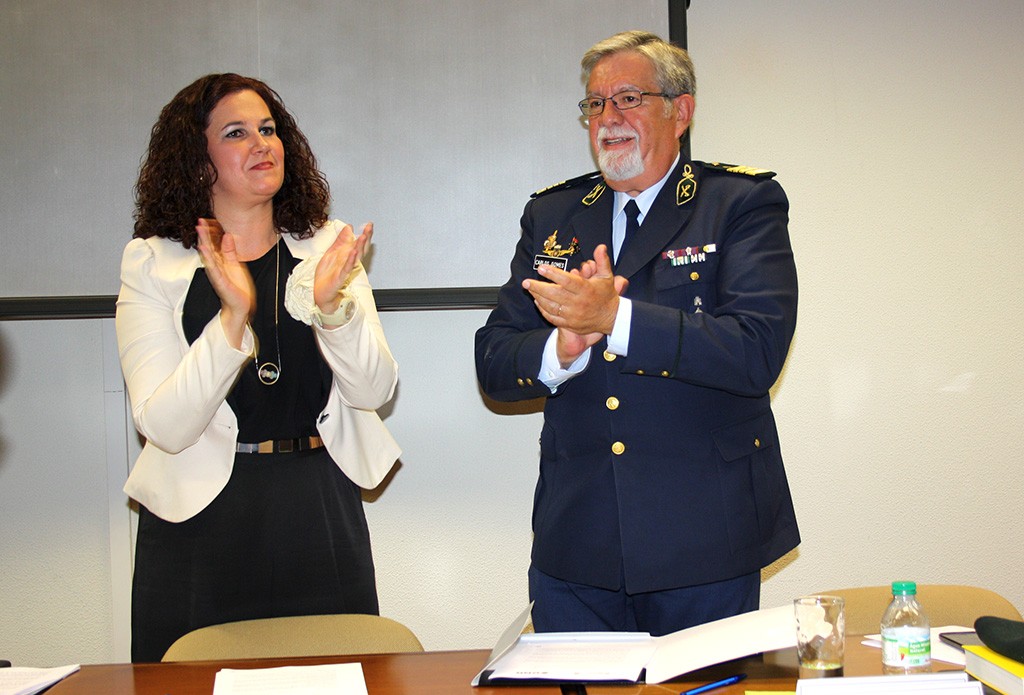 It will all start with the GNR's SEPNA agents, in the Algarve, who have already started to receive training so that they can fight crimes and attacks against heritage more effectively.
It will all start with the GNR's SEPNA agents, in the Algarve, who have already started to receive training so that they can fight crimes and attacks against heritage more effectively.
But the idea is, in a second phase, «to replicate this training to the entire GNR device», using the already trained soldiers, revealed Colonel Carlos Silva Gomes, Territorial Commander of Faro of the GNR.
A Algarve Regional Directorate of Culture and the GNR signed a collaboration protocol which provides that the SEPNA, a division of that authority that affects environmental crimes, will also become an active part of the mission to protect the region's cultural heritage. The idea is that the GNR's military, in their day-to-day work, identify potential threats or situations of disrespect for heritage, in order to improve the mission of protecting these assets.
For this, more than adding a competence to the list of those that SEPNA already had, it was considered necessary to train these elements of the GNR, so that they are able to detect illegal situations. It's just that, sometimes, the threats are not evident, for those who are not connected to the cultural and heritage area.
These many extra pairs of eyes will be of great help to the Regional Directorate of Culture, which does not have enough staff to assist in every situation. «The team of the Regional Directorate of Culture of the Algarve is made up of 34 people, which makes it totally impossible to be in the vicinity of all this heritage and detect what is happening», he told the Sul Informação Algarve Regional Director of Culture Alexandra Gonçalves, on the sidelines of the protocol signing session.
After all, in the Algarve «there are about 180 properties classified or in the process of being classified», to which «more than 3 places with potential interest» identified will have to be added. Most of these sites are located in low-density areas, where it is even more difficult to protect the heritage, due to desertification.
“The idea is to prevent problems. We will have teams that are on the ground, close to these sites that are classified as heritage, common goods with historical and cultural value, often camouflaged in rural areas», he explained.

At issue are crimes against heritage, such as the greenhouses that were being built on top of the ruins of the Roman city of Balsa, in Tavira, a situation that gave rise to the idea for this protocol, but also the «risk of abandonment» to which the heritage is subject.
Alexandra Gonçalves also stressed that this was “an act of regional policy and one of the most relevant, in terms of institutional cooperation and mutual support”.
This was, moreover, a process that “was born in a simple way”, but which will serve “to resolve concrete situations”, according to Colonel Silva Gomes, who sees in the signing of this protocol “an act of citizenship”. A position welcomed by Alexandra Gonçalves, who insisted that the Territorial Commander of Faro of the GNR "has taken up the project with enthusiasm from the very beginning".
Who also made a precious contribution to the work that will be developed were the municipalities, which helped to Regional Directorate of Culture carrying out an exhaustive survey of the existing heritage in the Algarve, allowing the region to be a pioneer in this field.
And the collaboration of local authorities will not stop there. «We made contact with all the Algarve Chambers, saying that we were going to sign this protocol and asking if they were interested in collaborating in future actions and we have been receiving positive responses from all of them», concluded Alexandra Gonçalves.


















Comments